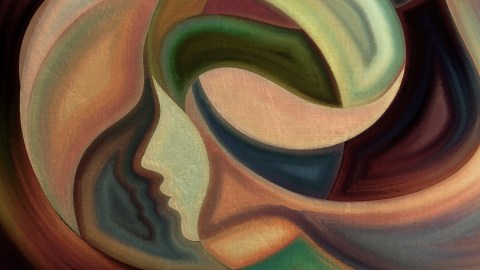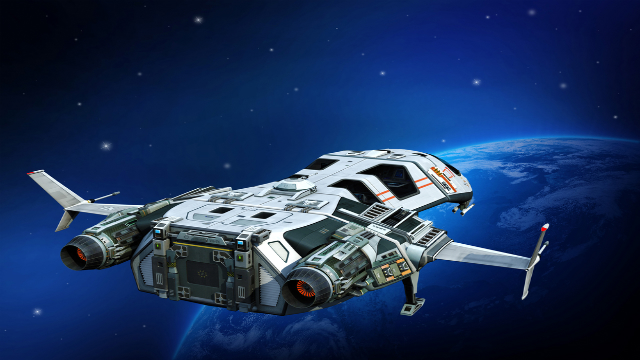You Are Not Your Brain, with Alva Noë

What’s the Big Idea?
“Contemporary research on consciousness in neuroscience rests on unquestioned but highly questionable foundations. Human nature is no less mysterious now than it was a hundred years ago,” writes philosopher Alva Noë in his book Out of Our Heads.
It’s a bold assertion in an age when fMRI has enabled us to see images of the brain functioning in real time, and when many prominent public intellectuals (Stephen Hawking, Eric Kandel) have argued, either implicitly or vociferously, in favor of reductionism. The “brain-as-calculating machine” analogy assumes that human thought, personality, memory, and emotion are located somewhere in the gray matter protected by the skull. In other words, you — at least, the waking you who gets out of bed in the morning — are your brain.
But you’re not, says Noë. Just as love does not live inside the heart, consciousness is not contained in a finite space — it’s something that arises, something that occurs: a verb rather than a noun. And since the publication of Francis Crick’s influential The Astonishing Hypothesis: The Scientific Search for the Soul, scientists have been looking for it in all the wrong places. Watch our video interview:
What’s the Significance?
The evidence is this, says Noë: we still do not have an adequate theory for consciousness. “Everybody working in this field understands that we haven’t gotten to the stage even of having a back-of-the-envelope sketch of what a good neural theory of consciousness would look like. If I said to you, is consciousness happening in this individual cell?’ you’d laugh.”
A cell is obviously the wrong scale for explaining such a complicated phenomena. Neuroscientists have addressed this by simply expanding their domain: “You get bigger. You look at larger populations of cells and at the dynamic activity of those larger populations distributed in the brain spatially and over time.”
What Noë is advocating is an entirely new approach — what if we were to try expand our conception of consciousness by crossing that boundary out of the skull, to encompass “not just our bodies and our movements over time, but also the dynamic interactions that we have with the larger world around us, including the social world?”
Begin by looking at our connections, he says, and we’ll find the tools for gaining insight into the nature of consciousness. In fact, lots of information that stimulates our nervous system doesn’t get experienced by us. For example: “I might spend an hour talking to you and not notice what color your shirt is. In some sense I saw your shirt. It was there before me and it activated my nervous system and yet I might be unable in any way to make use of that information.” It’s an interesting puzzle: intuition structures our experience in a way that can’t be traced back to the nervous system.
It’s also an invitation to reopen an important debate that has been to some extent buried in a mire of specialization. It’s okay to speculate, Noë seems to be saying, even if you’re not a genius. The question is, will we do it?





